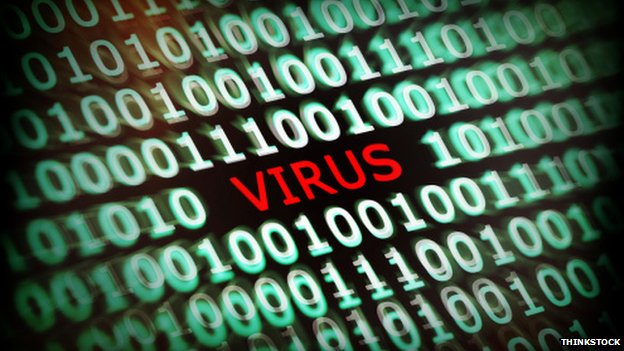Share this page
Panda antivirus software labels itself as malware
 Affected users were warned not to reboot their machines
Affected users were warned not to reboot their machines
Instead of pathogens, another possible explanation is that the inflammatory response is activated by the stress of going off to war.
PTSD can occur after many types of trauma: rape, torture, child abuse, natural disasters and car, plane, and train wrecks, to name a few. According to the PTSD Alliance, more than 13 million Americans have PTSD and the societal cost is in the billions. Women are about twice as likely as men to develop the disorder.
Panda Security said that the signature file in both its PCOP and its Retail 2016 packages became corrupted.
An unusual avenue of research is how our immune systems may contribute to the development of PTSD symptoms. Prior studies of people diagnosed with PTSD compared to control groups without the disorder suggest differences in genes related to inflammation may play a role.
?Reliving the event via nightmares or vivid images, along with an extreme reaction such as uncontrollable shaking, chills or heart palpitations.
"We're early in the process of having some clues as to what might predict risk and resilience, and with more research we'll begin to have effective preventions and treatments," says Baker.
As one might expect, service members are hardest hit. The Department of Veterans Affairs estimates 30% of all Vietnam vets have experienced PTSD. Among troops recently deployed to Iraq and Afghanistan, PTSD can run as high as 20% in any given year.
Panda said a fix had been released and warned that rebooting affected systems could exacerbate the issue.
?Avoiding reminders of the event, including becoming emotionally withdrawn and detached from friends, family and everyday activities.
"You could try to dampen down the activation and see if that improves symptoms or prevents development of PTSD," says Baker.
But why does severe emotional trauma trigger PTSD in some people and not others?
One security expert noted the irony. "People's first response is to turn [their computer] off and back on again, but in this case it seems like the wrong thing to do," said Prof Alan Woodward, of Surrey University.













